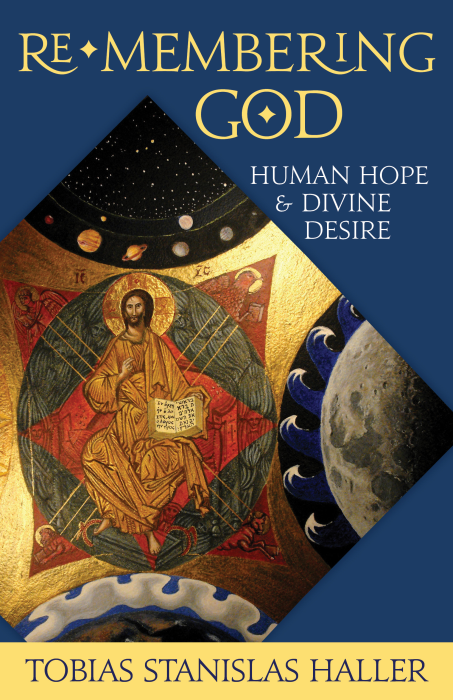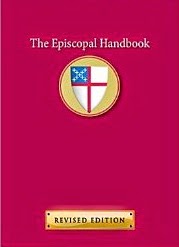Truth and Lies
Susan Brooks Thistlethwaite comments on the lies that stand for truth in some circles, spurred on by the recent claim by Ahmadinejad that "In Iran, we don't have homosexuals, like in your country." He probably did not mean that Iranian homosexuals do not exist -- though the Iranian state is doing its level best to see that they don't: rather he was pointing out the difference between his country and the US and the West, where such problematical people are tolerated or even encouraged.
His statement got me thinking, and Thistlethwaite's article sped me on. Homosexuality, when perceived as a problem, is always "someone else's 'problem.'" It is never just the way things are, a homegrown reality. It is the cultural equivalent of "Well, he didn't get it from my side of the family." In East Africa it is blamed on the Arabs. The Arabs in turn call it "the English disease." Margaret Cho's mom assures us "No Gay in Korea!" Iran is similarly pristine along those lines, or will be once the state has its way.
I hope no one needs to be reminded of the words reported to have been said by a bishop's spouse at Lambeth 1998, "We have no homosexuals in Africa," and the extraordinary explanation for their absence. I can remember, even from my innocent youth in the early 60s, the look of amazement on Merv Griffin's face when Clive Barnes gravely intoned, "There are no homosexuals in the theatre." (At the time, all I knew about this mysterious sect was what I had learned from a story in Life magazine, and seemed to be connected with New York City and fisherman's knit sweaters.) Why lie?
And why so many lies? We are treated to so many distortions; lies to ourselves and lies to others. Fabricated "evidence" and biased "surveys" to prove that what isn't so is so. Big lies, and little lies, social lies and personal lies. More than a tissue of lies -- a whole structure of falsehood. And what does this gain anyone?
For we are assured that the truth has its ways of setting us free. We appear to have forgotten the motto of the Anglican Communion, neatly printed in Greek around the Compass Rose: The Truth Shall Make You Free. Instead of truth and the tough confrontation of reality, we are counseled to restraint and withdrawal -- restraint which is a form of falsehood, and withdrawal the servility that fears to tell the truth. The Church seems to be adept at designing fashionable strait-jackets. Such gear is more appropriate to Bedlam than the Church.
Tobias Haller BSG








4 comments:
Tobias, my thought is that the lies and denial are, in great part, based on fear. Different fears for different people, perhaps, but it seems to me that fear is at the root of lies and denial.
Truth may appear to be more difficult to practice than lies and denial, but it's really not. Truth is easier.
For what it's worth.
It's nothing new: "Like the practice of the Land of Egypt etc. you shall not do." And "The halakhah follows the Sages because the Talmud says, 'Israel is not suspected of homosexuality'."
No country has any gay people, apparently, or ever has.
Truth is liberating, but it means giving up certainties. It means letting go of prejudice, not knowing what comes next and where it might take us.
It’s a very scary process at first, false securities are so much safer and more comforting. If there’s a “them and us” and I’m in the right group, I’ll be safe. If there is no “them and us”, no clearly defined right and wrong, then I no longer know where I stand.
I requires painful self awareness and a deep faith to risk uncertainty. Much easier to create false security and a make belief environment where the baddies are clearly defined and safely contained somewhere else.
Ultimately, of course, all we achieve is burying our fears deep inside us. If we could truly let them go, we’d be so much richer. If we no longer had to demonise others, we’d be so much gentler. If we no longer had to have tight moralistic rules to keep us safe, we’d have so much more faith.
It seems to me, that for far too many people, homosexuality -- to borrow a Nobel-sized title -- is just another "Inconvenient Truth."
Thomas+
Post a Comment